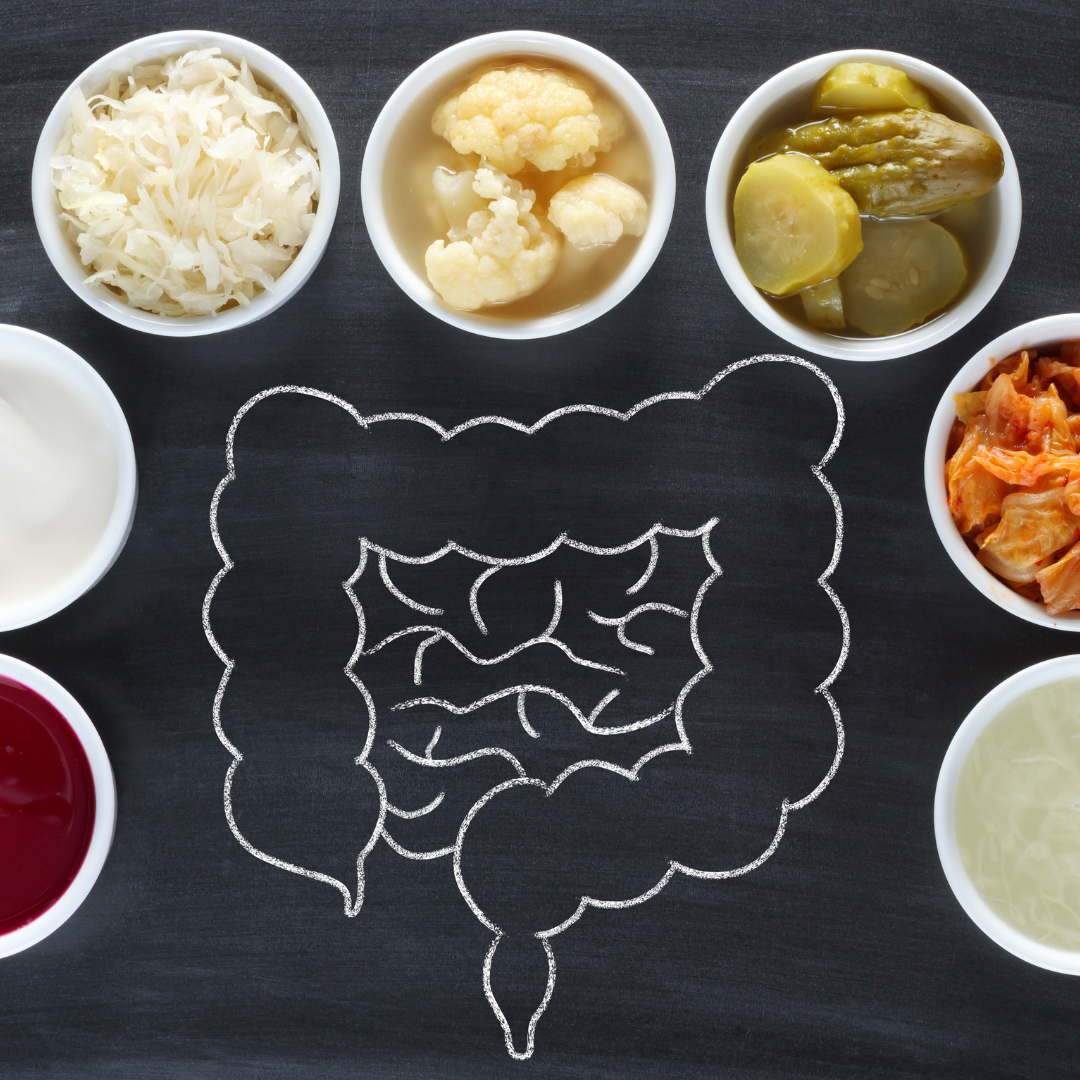Leaky Gut Syndrome Symptoms
There’s a lot of buzz in the health world these days about gut health, especially for women over 40. Maybe you've been online looking to see if you have leaky gut syndrome symptoms. You may have heard that healing your gut can help address a wide range of health issues, including skin problems and autoimmune conditions. After all, Hippocrates famously said that “all disease begins in the gut.”
But what exactly is a “leaky gut,” and how can you tell if you have one? If you’re experiencing digestive problems like bloating and irregularity, your gut health and digestion may be impaired, and you may need to focus on healing your gut.
In this article, I’ll explain what a leaky gut is, how to determine if you have one, and what factors can contribute to gut problems. I’ll also offer tips for supporting your gut health and creating a healthier intestinal environment.
And don’t forget to try my delicious Gut Soothing Banana Strawberry Smoothie recipe! Taking care of your gut has never tasted so good ;)

How can my gut be 'leaking'?
In simple terms, impaired intestinal permeability (also known as leaky gut syndrome) refers to damage or thinning of the lining of the small intestine, which serves as a crucial barrier between your body and the external environment.
The small intestine is responsible for breaking down and absorbing partially digested food from the stomach, as well as medications and supplements, into the bloodstream for use throughout the body.
However, if the intestinal wall is damaged, thinned, or has gaps in it, the breakdown and absorption of food can also be impaired. This can cause leaky gut syndrome symptoms when partially digested compounds, bacteria, and other harmful substances to leak across the intestinal membrane and into the bloodstream.
As a result, the immune system responds to these foreign substances as potential threats, triggering an inflammatory response to combat them.

For example, say you've always eaten eggs and now all of a sudden when you eat them you seem to have developed a food intolerance that you didn't use to have. That could be caused by tiny bits of the egg getting through the gut lining and back into your bloodstream where the body would perceive an invader and attack it.
It is believed that this immune response (from leaky gut) may
be the underlying cause of other diseases, like:
● Systemic inflammation
● Irritable bowel syndrome (IBS)
● Food allergies and intolerances
● Nutrient deficiencies
● Celiac disease
● Diabetes
● Autoimmune disorders
● Mood disorders
● Skin conditions like eczema
Several factors are thought to disrupt the normal intestinal environment and contribute to leaky gut syndrome symptoms.

Contributors to leaky gut syndrome symptoms include:
There are several factors that can contribute to inflammation and digestive issues, including:
- Consuming too many calories, unhealthy fats, refined grains, sugars, and alcohol
- Frequent use of antibiotics and NSAIDs, which can disrupt the balance of good and bad bacteria in the gut and cause damage to the gastrointestinal lining
- Imbalances in the gut microbiome, where bad bacteria outnumber the good ones responsible for digesting food
- Chronic stress, which can trigger inflammation in the gut and throughout the body
While leaky gut may not be a recognized medical diagnosis, it's important to pay attention to your gut health for your own overall wellbeing. If you experience digestive symptoms like bloating and irregularity, it may indicate that your gut health and digestion need improvement.

Good habits to support a healthy intestinal environment and properly functioning gut include:
Here are some tips to help support your gut health and reduce or eliminate your leaky gut syndrome symptoms:
- Choose whole, unprocessed foods that are high in fiber and plant-based.
- Incorporate fermented foods daily, such as raw sauerkraut or kimchi, naturally cultured yogurt and kefir (without added sugar), or kombucha, to introduce beneficial bacteria to your gut.
- Try sipping on bone broth or taking a collagen supplement, as collagen can help rebuild and restore the gut lining.
- Supplementing with L-Glutamine an amino acid that can heal your gut lining.
- Include omega-3 fatty acids in your diet by eating fatty fish 2-3 times a week or taking a supplement to help reduce inflammation.
- Take a daily probiotic supplement to support your gut microbiome.
- Seek natural alternatives to pain relief, such as essential oils or meditation, instead of relying on over-the-counter NSAIDs which can damage the gut lining and cause digestive issues.

Gut Soothing Banana Berry Smoothie
Ingredients
- 1 cup unsweetened non-dairy milk
- ½ cup kefir (or plain, unsweetened whole milk, naturally cultured yogurt)
- 1 banana
- 1 cup berries, any kind
- 1 Tbsp chia seeds or ground flax
- 1 scoop collagen powder
Preparation
- Place all ingredients in blender and blend until desired consistency reached.
- Blend in a few ice cubes if you prefer a cold, frosty smoothie OR use frozen fruit.
REFERENCES
Journal of Allergy and Clinical Immunology 2009: Intestinal Barrier Function: Molecular Regulation and Disease Pathogenesis













